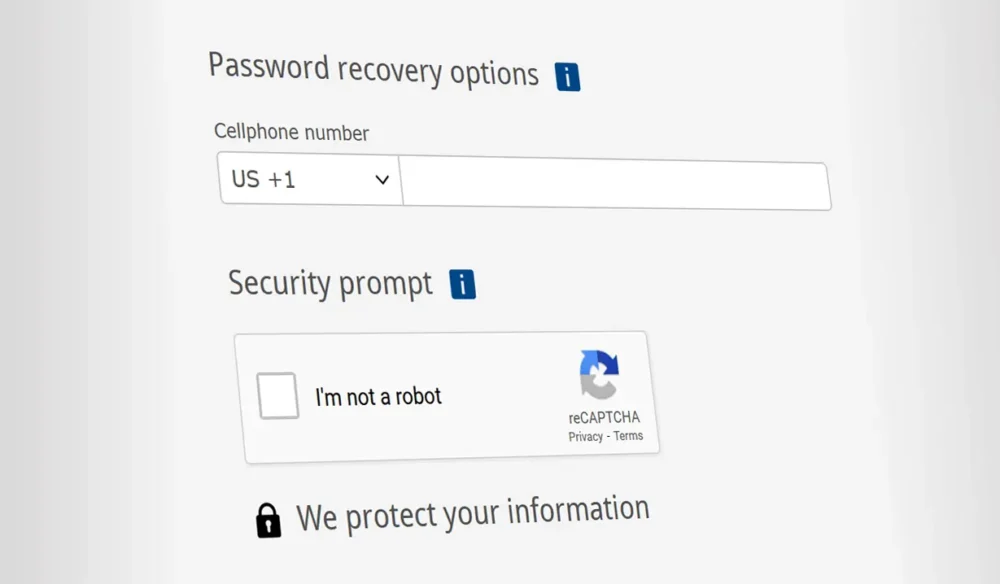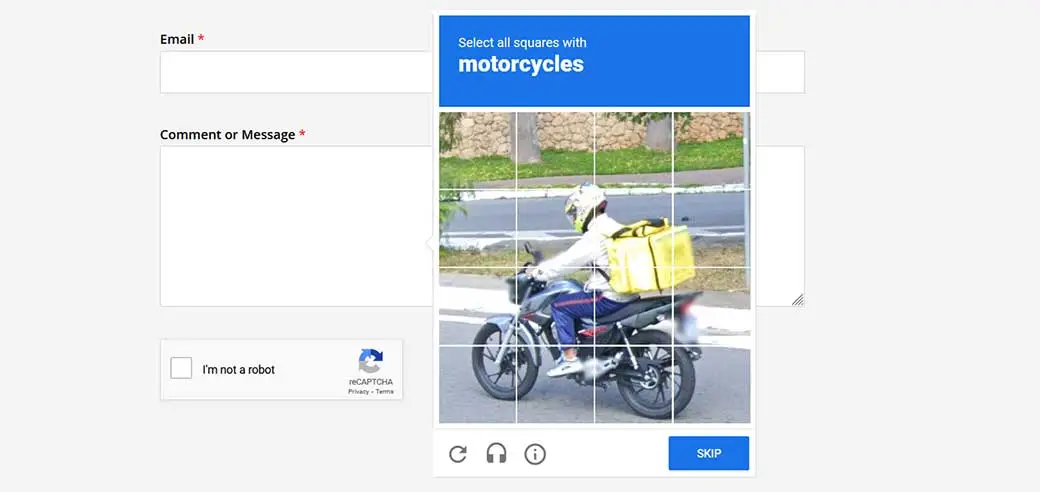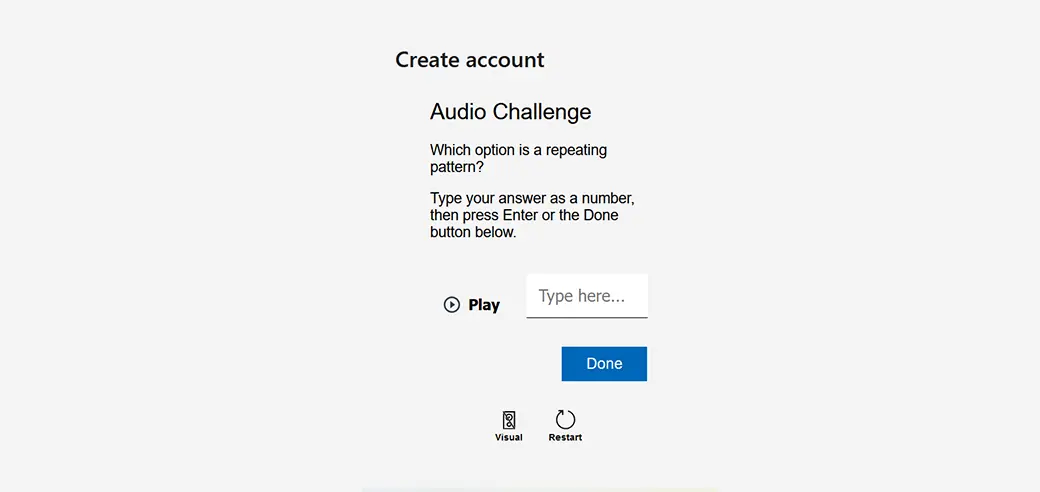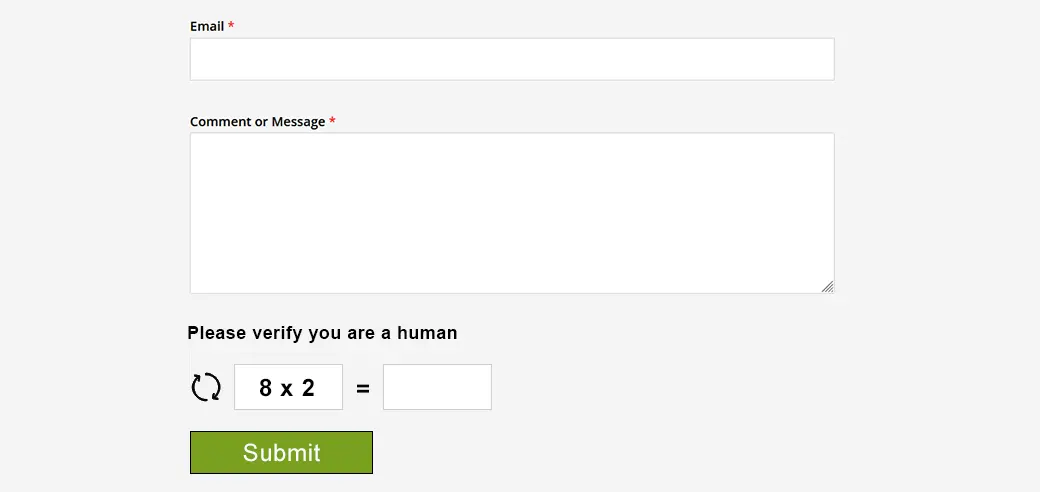
Simply put, CAPTCHA is a security measure designed to distinguish a human from a “bot”.
What is a Bot?
A bot is software program that acts like a human to mimic certain online tasks or behaviors.
What Do the Letters in CAPTCHA Stand for?
The letters in CAPTCHA stand for “Completely Automated Public Turing test to tell Computers and Humans Apart”.
How Does CAPTCHA Work?
CAPTCHA is a simple test or puzzle that has been proven to be difficult for bots to pass, while being pretty easy for actual people to solve.
Why Use CAPTCHA?

Online forms have gained widespread use for a variety of purposes such as registration, contacting a business, free quotes, newsletters, polls, placing orders and more.
That said, the use of bots in an attempt to exploit these ubiquitous online forms has increased dramatically over the years. Therefore, CAPTCHA is an effective way to limit or prevent bots form spam.
What is Form Spam?
Form spam is the process of completion and submission of an online form with false, non-sensical information or malicious links.
What is a Malicious Link?
A malicious link is one that is designed to facilitate some type attack or scam (ransomware), usually to steal sensitive information. It is for this reason, you never want to click on a link from someone you do not know.
Most form spam is perpetrated by bots which are programmed to scour the internet for online forms that can be exploited.
Types of CAPTCHA
There are a number of different kinds of CAPTCHA used. The most common types of CAPTCHA include:
CAPTCHA Image

Image-based CAPTCHA utilizes images of commonly known things such as animals, plants, buildings or vehicles and require the user to properly identify them.
CAPTCHA Sound

CAPTCHA that utilizes sound to challenge the user to identify the correct sound requested (such as the sound of a cow mooing, etc.) among a series of different sounds (such as ducks quacking, dogs barking, etc.) in order to pass this type of CAPTCHA test.
CAPTCHA Math/Word Problems

CAPTCHA challenges that require a user to solve a simple math equation or missing word in a phrase, is yet another fairly common to type of CAPTCHA challenge you may see.
Do you Need CAPTCHA on Your Website?
It depends. If you are receiving a lot of form spam or comment spam on your blog, or a lot of bogus online registrations, you may want to consider implementing CAPTCHA.
However, you must also weigh the fact that CAPTCHA can be annoying for genuine human website visitors to use. To this point, studies have shown CAPTCHA can reduce website conversions by upwards of 40%. CAPTCHA also negatively impacts the user experience, as it has been reported that most users fail to pass a CAPTCHA test on their first attempt.
Another thing to keep in mind is that many online forms have a built-in anti-spam measure called a “honeypot”. Since honeypots are invisible to humans, it provides a much better user experience.